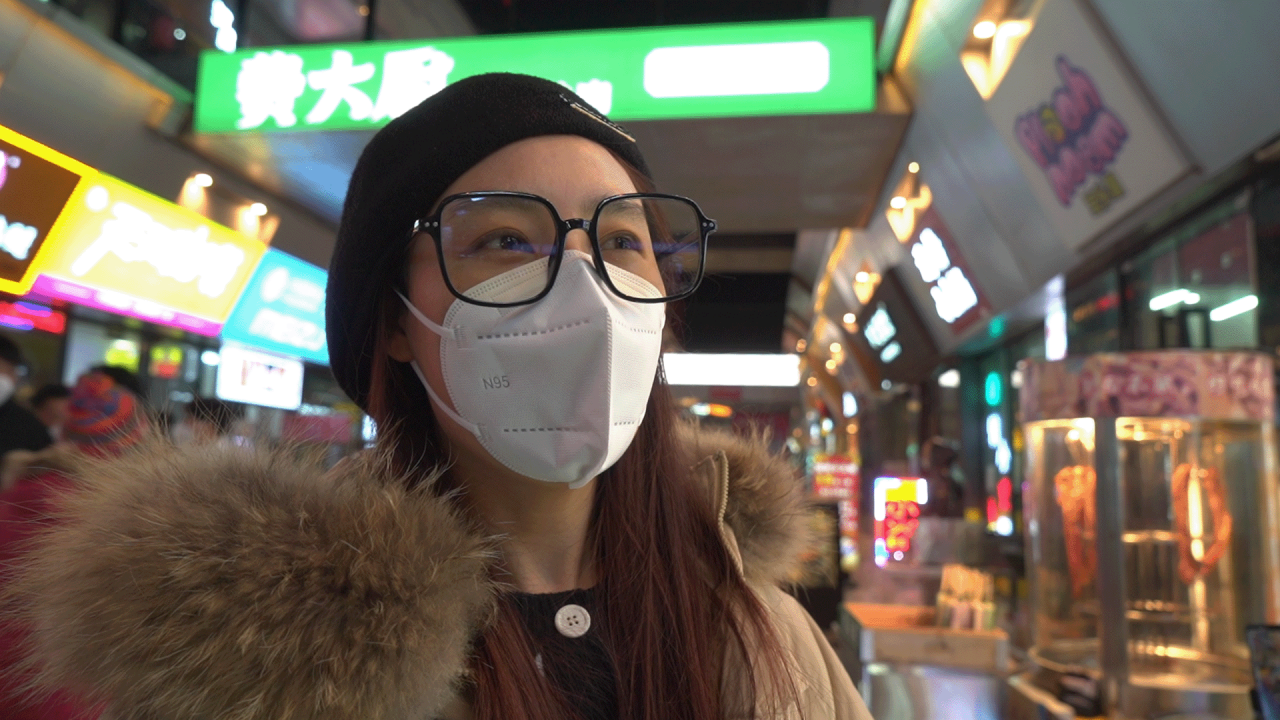
Panic in Beijing as China’s Covid easing catches city off guard
- Residents scramble for medication in short supply and form long lines at fever clinics
- The virus does the rounds of work and home but official numbers no longer an accurate reflection of its spread
Beijing resident Mei Yahong panicked on Thursday morning after she started burning up with a fever but had no medicine at home.
Online pharmaceutical sites were all either “waiting for stock” or would take at least three days to deliver an order. Mei’s neighbourhood pharmacies were also out of supplies.
“They said new stock would come but they weren’t sure when. I panicked because I also have a toddler at home. What if she was infected by me and developed a fever, too?”
After a desperate plea on a WeChat group, a neighbour gave Mei some Ibuprofen tablets and half a bottle of liquid fever medication for children.
The capital reported only around 2,600 infections on Friday, well below the 5,000 or so daily cases the city has reported during major outbreaks over the past three years.
But the country has also stopped daily PCR tests and the numbers now do not reflect the true scale of cases in the community.
From anecdotal signs, the virus appears to be spreading rapidly – and more swiftly than residents had expected.
Two employees from state-owned enterprises – who declined to be named because they were not authorised to speak to the media – said their companies scrapped requirements for PCR tests to enter their offices and increased the number of employees allowed in on Thursday.
Then people kept falling sick.
One employee said she came to work but had to return home because she developed a fever before noon on the second day back in the office.
Xia, another office worker who would only be identified by her family name, said the coronavirus appeared to be closing in over the past month.
“I read about the daily case count and know Beijing is by no means at ‘zero Covid’, but for over a month I feel the infections came really close, from someone in the same building, to my colleagues and now to my family member,” Xia said.
“In our family WeChat group of 24 people, four had a fever at the same time and they do not live under the same roof. I don’t know where we are at this wave but this outbreak is huge.”
She said one silver lining seemed to be that the symptoms were manageable, lasting from “one day to three days”.
“I have yet to hear of someone having a fever for more than five days,” Xia said.
The State Council issued advice on Thursday on how to manage symptoms in home isolation but with little access to drugs, people looking for treatment formed long queues at fever clinics.
Hu Youhai, a migrant worker from Jiangsu province, waited at the fever clinic at Peking Union Medical College Hospital for two hours to get a doctor to see his nine-year-old son late on Thursday.
“I suspected it was Covid-19 because he had such a high fever … and he ached all over his body,” Hu said.
Although people with a fever are advised to take a quick antigen test at home and rest, Hu said he had to take the son to see a doctor because the child had other worrying symptoms.
“What if it’s something else? I can only be sure after seeing a doctor,” Hu said.
By 1am on Friday, the child still had not had a PCR test to get a diagnosis but had had some blood tests. Hu eventually spoke to a doctor on the phone.
“The doctor could see the blood test results on the computer so there was no need to see my son. How ridiculous is that?” Hu said.
China should focus on preventing serious Covid cases, top expert says
In Beijing worries about access to medical care have raised fears of a repeat of tragedies elsewhere when health systems were pushed past breaking point.
In Shanghai’s hard lockdown earlier this year, some positive patients could not get essential dialysis treatment because the medical system was overwhelmed.
In preparation, some major hospitals such as Peking Union Medical College Hospital have set aside separate wards for patients with Covid-19.
National Health Commission official Jiao Yahui said on Friday afternoon that all hospitals would have to accept positive patients although they would need to establish different sections to treat the negative and positive ones.



